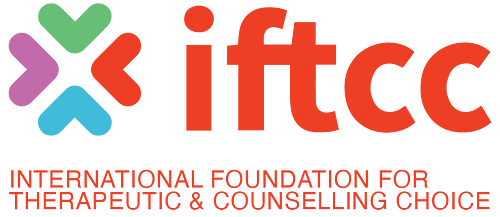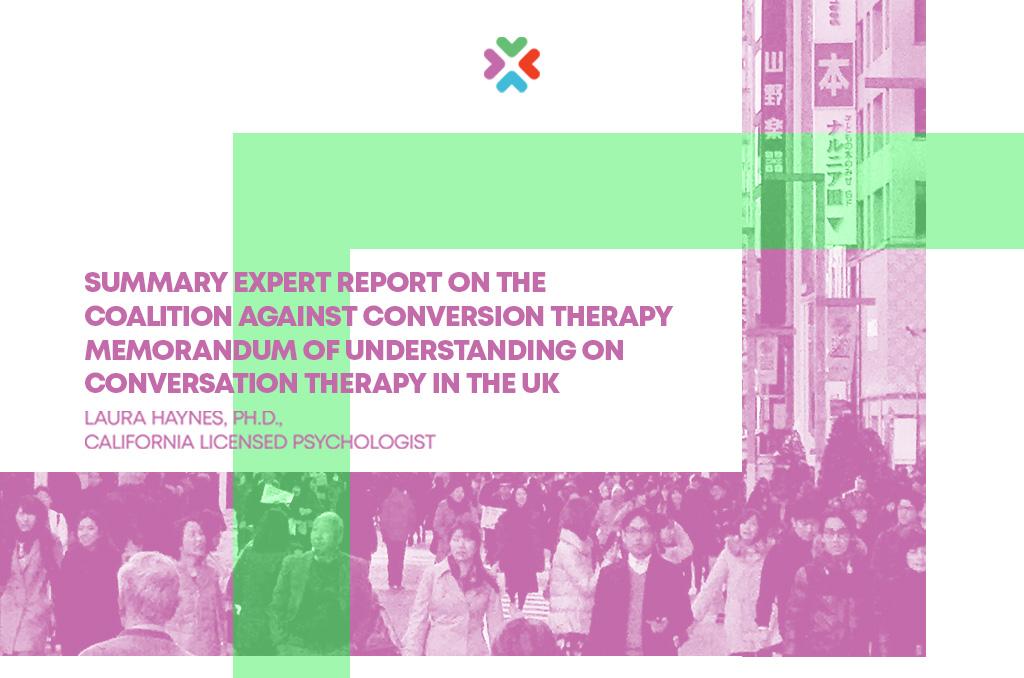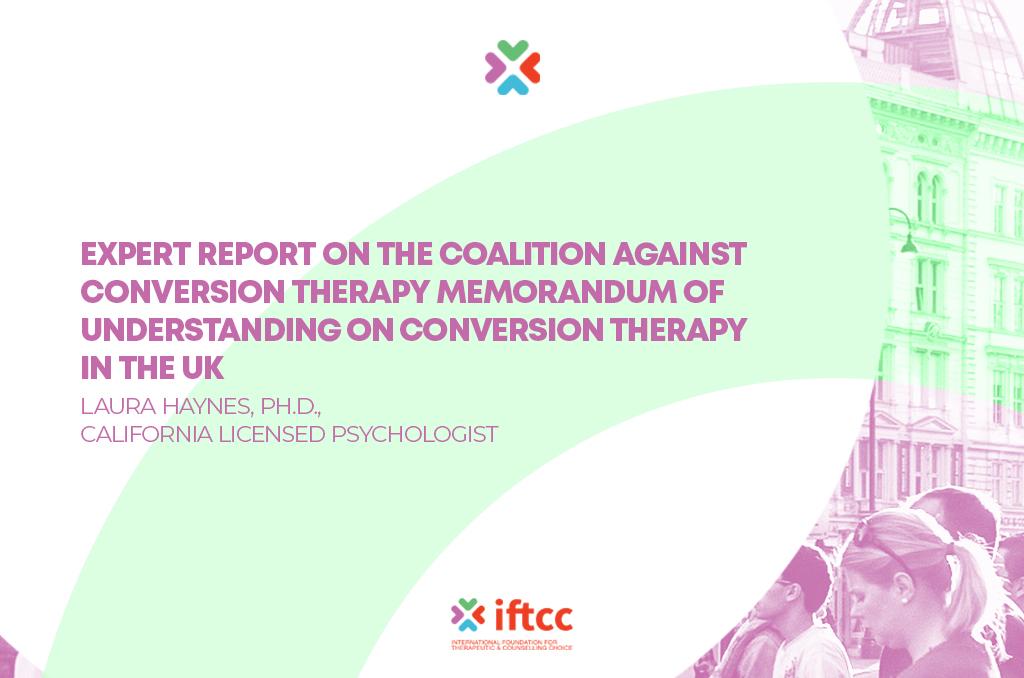A critical analysis of
The Memorandum
of Understanding
ON “CONVERSION THERAPY” IN THE UK
What is the Memorandum of Understanding?
The UK Memorandum of Understanding (MoU) has appeared in 2 main versions. The first version appeared solely in 2015. The second version of the MoU was published in 2017, and revised or updated versions of the second version were published in 2019, 2021, 2022, April 2024 and July 2024. The MoU has created a de facto ban in the UK for those seeking and offering change-exploring therapies. Its signatories support only LGBT affirming therapies, thus denying clients any alternative pathway in exploring sexuality other than to accept unwanted feelings.
This is a non-statutory, consensus document that does not claim to represent a scientific position and is therefore formulated by an ideological viewpoint. Change-exploratory therapy or fluidity exploration which it opposes, is generally not a form of therapy but a client’s self-directed therapy or counselling goal of decrease or change in undesired same-sex attraction, thoughts, behaviour, or orientation identity or in incongruent gender identity or expression.
“Valuing ideological diversity and scientific methodology is one of the cornerstones of modern science and therefore to make ideology subservient to scientific, factual and empirical data is scientifically dangerous. When the Memorandum of Understanding was under discussion, professionals with other perspectives were barred from the discussion. What has emerged from the “progressive” agenda is a monoculture by which research-, accreditation- and discipline-cultures subscribe to only one ideological viewpoint and are therefore unchallengeable.” [Rosik 2024: 139.56]
Why do we offer a critical review of the UK MoU?
According to Rosik “The MoU has substituted ideological bias for sound ethical reasoning. The signatories do not have the incontrovertible scientific evidence that must be required (1) to prohibit a client’s fundamental and sacred right to self-determination, in regard to choosing a therapy goal of change in sexual attraction or behaviour, nor (2) to place an ethical prohibition on therapists or counsellors who are open to such a client therapy goal”. [Rosik 2024: 142.57]
Lacking full clarification, it appears the MoU may be an attempt to enforce an affirmative viewpoint on clients and therapists that same-sex attraction and gender discordance are biologically determined and unchangeable and to enforce that therapists must restrain therapy within the boundaries and limitations of this viewpoint.
“Thus, the MoU in effect polices speech in addition to thoughts, values, ethics, life goals, preferences, sexual feelings, sexual behaviours, gender identity, gender expression, many religions, and many cultures. To justify viewpoint enforcement and discrimination with such wide-reaching effects, there should be incontrovertible scientific evidence”. [Haynes 2024:24.10]
Expert witness statements
Summary Expert Report by Dr. HAYNES
With 40 years of clinical practise Psychologist and APA member Laura Haynes PhD analyses the UK’s MoU.
Expert Report by Dr. Rosik
Peer-reviewed author, Research Director, and Clinical Psychologist Christopher Rosik, PhD examines the UK’s MoU.
Access to Supportive Documents for Rosik & Haynes Reports here or email us at info@iftcc.org.


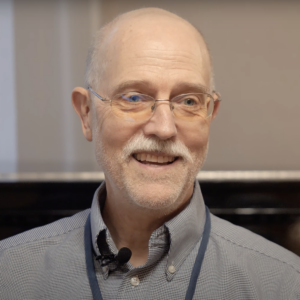
Dr. Christopher Rosik Ph.D
Clinical Psychologist – United States
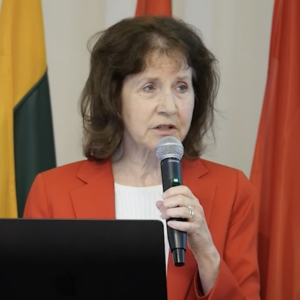
Dr. Laura Haynes Ph.D
Psychologist – United States
Connect With Us
The IFTCC exists to help those service providers assisting individuals experiencing unwanted relational and sexual behaviours, attractions and patterns. We are developing a worldwide collegial network of highly-skilled practitioners, counsellors and therapists in offering research-based, scientifically grounded practise. We are dedicated to maintaining accountability and the highest professional and ethical standards.
